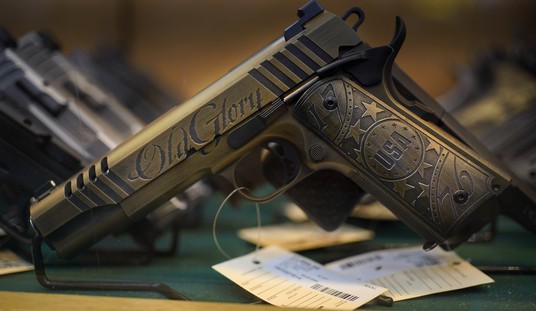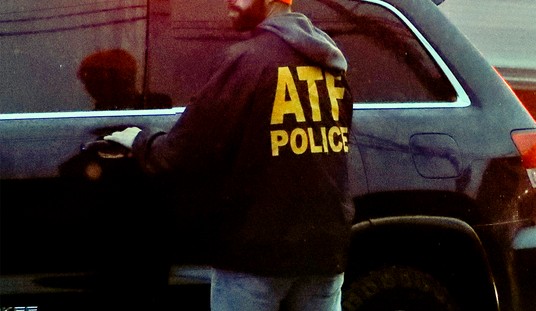I must confess that I don’t have a great deal of respect for the “soft sciences” of psychology and sociology, and so it was with skeptical view that I read Jennifer Carlson’s “Why men feel the need to carry guns,” which seems to have been based on her book, Citizen-Protectors: The Everyday Politics of Guns in an Age of Decline.
She begins:
Since the 1960s, the national conversation on firearms in both political and academic circles has revolved around one main question: Do guns increase crime or reduce it? Are guns tools of escalation or deterrence?
Lately, however, social science researchers have become interested in a different question — not the relationship between guns and crime but the relationship between guns and people.
A new generation of sociologists takes as its point of departure the sheer preponderance of guns: an estimated 300 million firearms in the hands of civilians, and more than 11 million concealed carriers. We want to understand why Americans do not just own but also carry guns. To us, cultural politics matter at least as much as instrumental value.
Carlson’s desire for research took her to “Rust Belt” Michigan, where she seems to have interviewed primarily blue collar workers (and possibly the unemployed) in economically depressed areas around Detroit and Flint.
She then began asserting that the decline in job security is tied to a desire to own guns.
It’s an interesting theory:
Corey and others suggested that breadwinning now is harder than it used to be. Indeed, men’s participation in the labor force has been on a steady decline since the 1970s. Well-paying manufacturing jobs have dried up.
Frankie, a retired Detroiter, told me that in the 1970s he “got a job at General Motors, and they were hiring people off the street with zero education, and they could work 20 years, and they could make a living. You can’t do that now.”
As men doubt their ability to provide, their desire to protect becomes all the more important. They see carrying a gun as a masculine duty and the gun itself as a vehicle for a hardened kind of care-work — caring for others by shielding them from danger, with the threat of lethal force.
Brad, another Flint resident, told me, “The child’s born. Mortgage, marriage. I have a kid. I’m paying for all this stuff on a truck driver’s wage…. I wanted to protect them all, so then a firearm comes along.”
My interview subjects cast themselves as “good guys with guns” tasked with assisting the vulnerable among us. As they practiced shooting their firearms, they imagined scenarios in which women and children might need their help: a man with a rifle in a schoolyard full of kids; a woman being raped in an alley; an armed robber targeting a diner waitress.
The gun carriers I met did not frequently attempt to stop crimes, but when they did, they tended to play the role of hero, defending a damsel in distress. Two gun carriers told me they had intervened in domestic disputes, both relying on their firearms to persuade the assailant to desist.
We tend to get mired in public policy debates that isolate the impact of guns on violence, and nothing more. We wonder to what degree they contribute to suicide rates or homicide rates. But firearms have a larger purpose in our postindustrial society. In Michigan and other places hit hard by the economic downturn, men’s guns can address social insecurities far beyond crime.
But how does Carlson explain the rate of gun ownership in parts of the nation where the economy is booming, such as Texas?
How does she account for the number of upper-middle-class gun owners, who seem to be both well-off and well-armed?
How does she account for the rapid rise in female gun owners, or youth shooters?
Perhaps Carlson makes an attempt to answer these questions in her book and simply doesn’t have time to address them in her column.
It’s a bit suspect, however, that she attempts to tie small paychecks to gun ownership. It seems to be little more than a slightly more sophisticated attempt at the old sexual inadequacy cliche that gun haters have asserted for years.
Frankly, I’m not impressed.








Join the conversation as a VIP Member